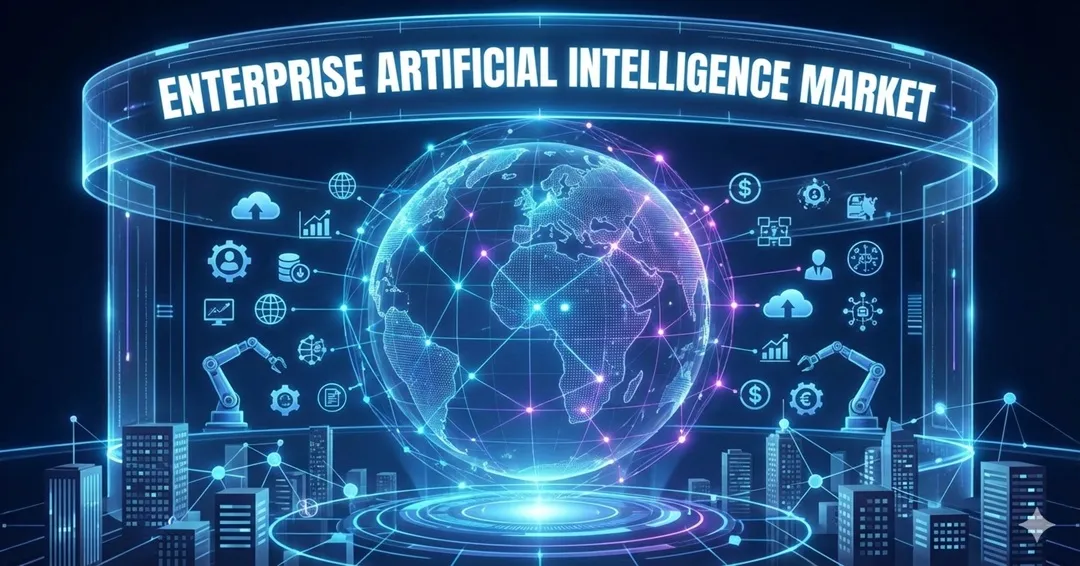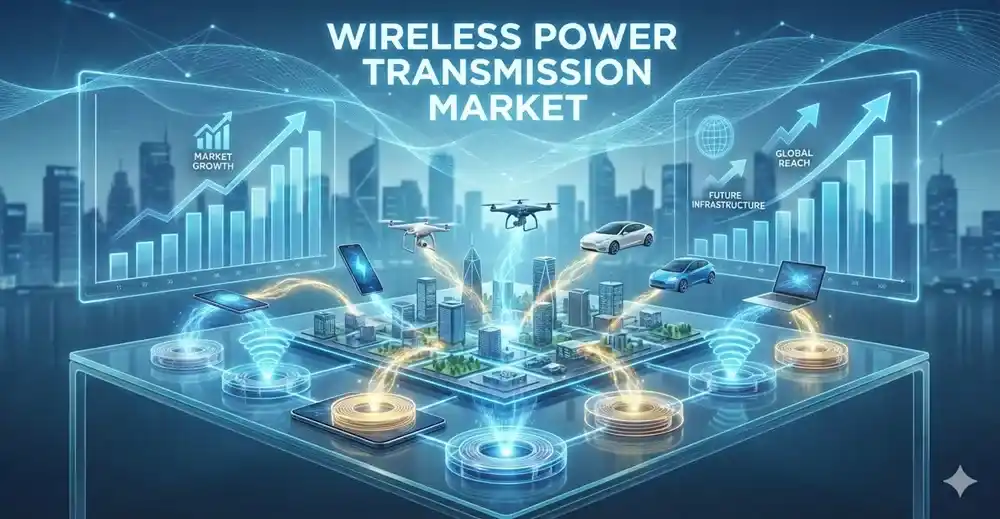Decarbonization Market is projected to grow at a CAGR of 16.74% to reach US$45.767 billion in 2029

The global decarbonization market is evaluated at US$15.489 billion for the year 2022 and is projected to grow at a CAGR of 16.74% to reach a market size of US$45.767 billion by the year 2029.
Decarbonization reduces CO2 emissions produced per unit of electrical power. According to government directives, it is essential that transportation and electricity generation emit less carbon dioxide in order to meet global temperature targets. By escaping into the troposphere with the aid of some energy sources that have a low carbon dioxide content, greenhouse gas emissions can be decreased.
Adopting an energy transition that removes carbon from energy production is the only way to achieve decarbonization. The commercial sector should be electrified, which implies the use of clean, renewable energy sources like solar power plants that emit no more than what is necessary to maintain the environment.
Moreover, people have become more aware of environmental problems as well as global warming; hence there is a trend among consumers towards sustainable products and services while industries feel obliged to adhere to this demand for low-carbon products, which is causing them to face several challenges. Globally, various authorities are backing efforts to minimize pollution. In the year 2022, global greenhouse gas emissions were 53056.61 up from 53786.04 the previous year with some measures being imposed that included the introduction of carbon pricing requirements on stakeholders as well as setting aside targets to cut down on emissions which require the use of renewable energy sources as part of these plans.
Further, developing country governments consider lowering carbon emissions as a very important matter. In addition, it was declared by the U.S. Department of Energy’s Office of Energy Efficiency & Renewable Energy that it will invest $156 million towards reducing carbon emissions in the industrial sector for the entire nation. Under the guidance of the Industrial Efficiency and Decarbonization Office (IEDO) of EERE, the FAO will propel technological innovation for the creation of next-generation decarbonizing industry technologies
The global decarbonization market, by type, is divided into two types- Solutions and services. The demand for services is rising as transportation services prioritize environmentally friendly practices, minimize the use of resources, decrease carbon emissions and improve people’s lifestyles. Banal transportation approaches have social, economic, and environmental challenges which this system solves through mobility that is quick, convenient and efficient.
Further, another significant aspect of sustainable transportation involves utilizing data and technology in order to improve the efficiency of public transportation systems, reduce traffic congestion and improve service optimization. Carbon accounting is the activity that the methods for calculating, assessing, measuring and reporting on an organization's greenhouse gas emissions for the purposes of auditing. Therefore, organizations can employ this service to improve their CO2 management efforts.
The global decarbonization market, by deployment type, is divided into two types- on-premise and cloud. “On-premises deployment” in decarbonization aimed at lowering or eliminating carbon emissions from various sources including buildings, energy production, transport and industry is one of the strategies for combating climate change. When there are renewable power sources such as solar panels, wind generators and even little hydroelectric units on-site, corporations can reduce their consumption of oil and cut down on pollution at the same time.
Further, the cloud is less expensive, easier to execute, maintain, and upgrade, and highly scalable to deploy decarburization over the cloud. Customers find it the best choice due to its high speed, data control, security and 24/7 support. Third parties manage all public cloud services. Therefore, IT teams can get rid of buying, installing, maintaining and updating technology on their own.
The global decarbonization market, by end-user industry, is divided into five types- Agricultural, oil & energy, metal & mining, government, and others. Decarbonization in the energy and utility sector involves reducing greenhouse gas emissions and ultimately eliminating them with carbon dioxide as one of the major factor. To fight global warming as well as switch over to an environmentally sound sustainable energy pattern, very important. One primary technique to achieve this goal is by taking off from petrol products and going towards renewables.
The North America region is expected to witness significant growth in the global decarbonization market during the forecasted period. Due to growing concerns about climate change in nations like the United States and Canada, the North American region is anticipated to hold a sizable share. In the upcoming years, the market will grow due to the growing awareness among major companies and companies striving for carbon neutrality.
Moreover, one of the main factors driving the market's growth is the government's growing interest in clean energy combined with rising investment in mitigating global warming. For example, the US Department of Energy announced in March 2024 that it would invest US$6 billion for 33 projects spanning over 20 states in order to decarbonize energy-intensive industries and reduce greenhouse gas emissions as part of Biden's Investing America Agenda.
Therefore, it is anticipated that rising investment in a variety of projects throughout the region and growing environmental protection awareness will spur market growth in the upcoming years.
The research includes several key players from the global decarbonization market, such as Atos, Sphera (Blackstone), Black & Veatch Holding Company, Accenture, Guidehouse (Veritas Capital), DNV Group AS, Infosys, GE Digital (General Electric), Siemens Energy, ABB Group
View a sample of the report or purchase the complete study at https://www.knowledge-sourcing.com/report/global-decarbonisation-market
The analytics report categorizes the global decarbonization market using the following criteria:
Segmentation:
- By Type:
- Solutions
- Services
- By Deployment Type:
- On-Premise
- Cloud
- By End-Users:
- Agricultural
- Oil & Energy
- Metal & Mining
- Government
- Others
- By Geography
- North America
- United States
- Canada
- Mexico
- South America
- Brazil
- Argentina
- Others
- Europe
- United Kingdom
- Germany
- France
- Spain
- Others
- Middle East and Africa
- Saudi Arabia
- UAE
- Israel
- Others
- Asia Pacific
- Japan
- China
- India
- South Korea
- Indonesia
- Thailand
- Others
- North America
- Global Nano-Composites Market Share
- Biodiesel Market Size
- Nuclear Fuel Market Size
Get in Touch
Interested in this topic? Contact our analysts for more details.
Latest Press Releases

Pain Management Drugs Market expected to reach USD 116.412 billion by 2030
Recently
Organic Acids Market expected to reach USD 21.582 billion by 2030
Recently
Enterprise Artificial Intelligence (AI) Market expected to reach USD 83.850 billion by 2030
Recently
Non-Woven Adhesive Tape Market expected to reach USD 3,124.230 million by 2030
Recently